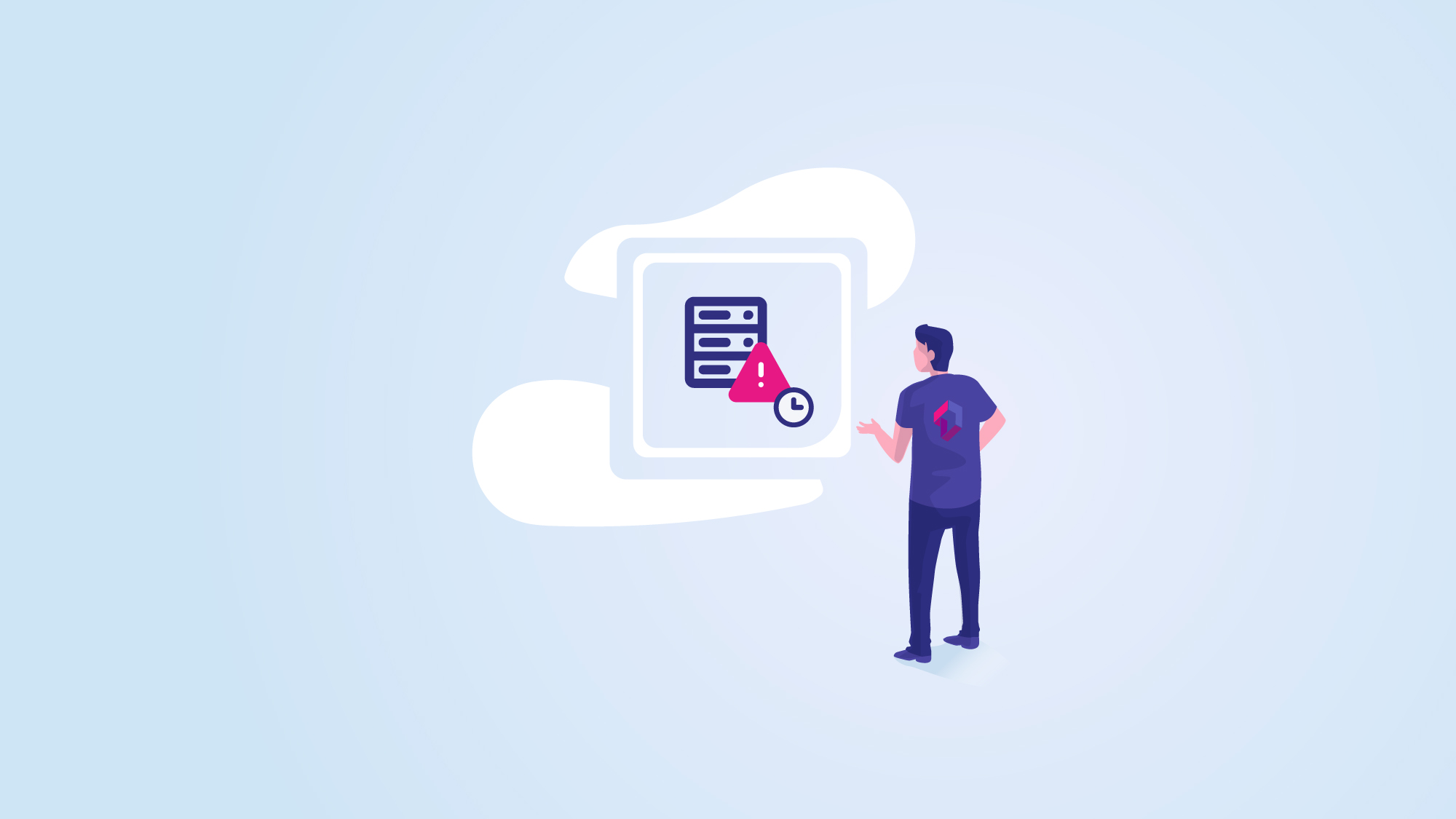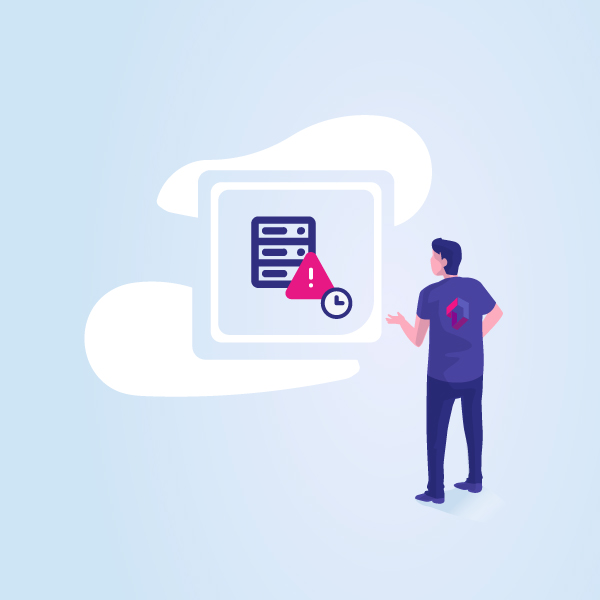
After Atlassian announced its change of strategy to become a cloud-first company, many people have been looking for the best way and conditions for their Atlassian Cloud migration. In this blog post, you'll find some tips and considerations when migrating to Jira Cloud with an expired Jira Server license.
To migrate to Cloud, current Server users with an expired license have a time window -framed below. To do so, it's necessary to consider a series of steps i.e., the instance has not been updated to a recent version lately.
Whatever your case is, we'll provide more context through each of the steps you need to take to achieve this objective:
If your current Server license has expired or is about to expire, it's still possible to migrate to the cloud at no additional cost. Considering the work this process may cause, Atlassian offers a 60-day free cloud migration trial for Server clients who have equally expired maintenance.
In most cases, it's possible to migrate directly to Cloud from your current Server site. If you have an older version of Server, you may need to upgrade to a newer version before migrating using the Jira Cloud Migration Assistant.
Which versions are supported prior to migration?
Suppose it's needed to integrate Bitbucket Server or Bamboo for the migration process. Check this matrix. In that case, it will inform you whether you have a compatible version of Bitbucket Server or Bamboo before starting.
Suppose you have a nonsupported Server or Data Center version and don't have an active Server license maintenance (which is required to upgrade). In that case, it's possible to fix it by using a free trial license to upgrade in preparation for your migration. If you have further questions about this, contact our team of Atlassian Certified Professionals.
Once we've considered the upgrade of your instance, let's consider the following:
If you have an unsupported version and don't have the maintenance active for your Server license (which is required to upgrade), use a free evaluation license to upgrade and be prepared for the migration. This can be done from my.atlassian.com.
Given the timeline of changes established because of Atlassian's cloud-first strategy, it's no longer possible to create a new evaluation license for Server (check the schedule for changes in Server licenses); however, Data Center evaluation licenses can be used for Server installations. Please note that these types of evaluation licenses only last for 30 days. If you think you'll need more time to complete the migration, request to extend it to 90 days.
The answer to this question depends on the product and deployment options. However, the overall reason to upgrade is to allow the system to match the features available for your Server or Data Center product to the ones in Cloud. Let's go through product by product from a general point of view:
Upgrading Server
If you need to upgrade to a supported version, follow the step-by-step upgrade instructions for your product. In addition, it's vital to bear in mind the following considerations if you want to achieve a successful version upgrade:
The most cumbersome step in this process is performing the version upgrade, which will allow you to use the migration wizard we referred to at the beginning of this article. After the update, be sure to review the guide created by Atlassian on migration planning for common questions, best practices, pre-migration checks, and step-by-step instructions on how to migrate.
If you need further assistance in this process of catching the Atlassian cloud first strategy, contact us. We'll help you, whether you need help managing your licenses, more information on migration planning, technical troubleshooting, or perhaps you need support on your strategy or specialized guidance based on a specific methodology.

We know this process could be overwhelming and stressful for software administrators. Besides the uncertainty surrounding this process that creates additional work, both performing the version upgrade and migrating to the Cloud.
If you need any help during this process, remember to reach up to us, we'll help you have your Atlassian tools in the best possible conditions for you and your team:
These Stories on Atlassian Data Center
No Comments Yet
Let us know what you think